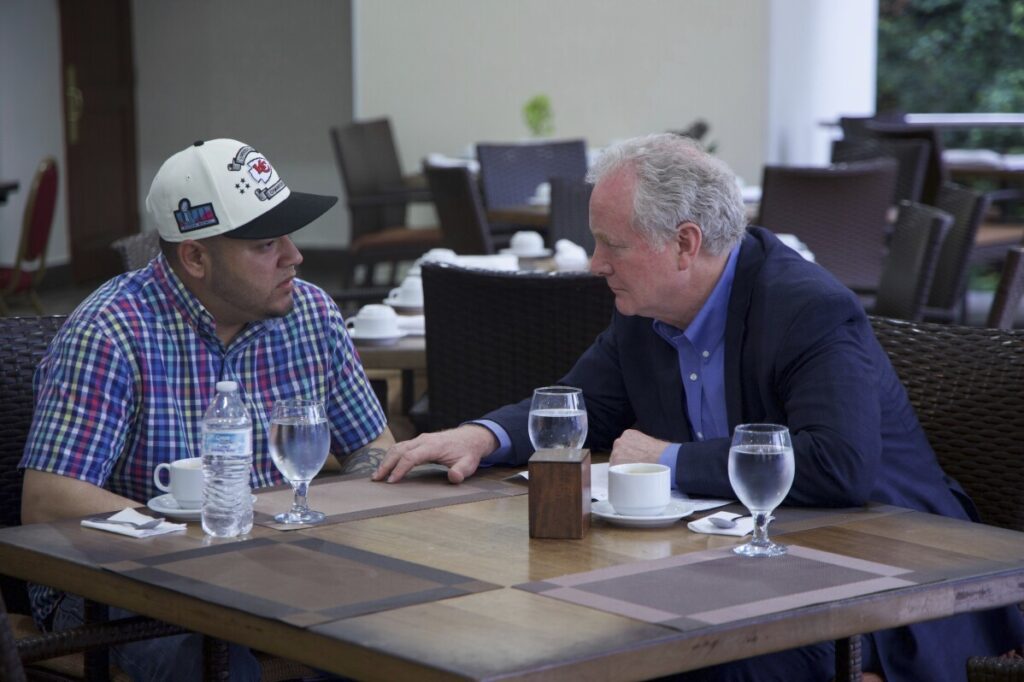Mexico Walks Back Claims Linking El Salvador to Drug Plane Amid Tensions
In a tense diplomatic exchange, Mexico withdraws allegations connecting a cocaine-loaded plane to El Salvador, highlighting the delicate balance of regional security cooperation and sovereignty.

In a recent flurry of diplomatic tension between Mexico and El Salvador, Mexican officials have formally retracted any indication that a drug-laden airplane intercepted by their authorities originated from El Salvador. This clarification comes after Salvadoran President Nayib Bukele publicly challenged the initial assertions made by Mexico’s security chief, exposing a broader struggle over national sovereignty and responsibility in combating transnational crime.
How Did This Diplomatic Brinkmanship Put Regional Security at Risk?
The episode began when Mexico’s security chief Omar García Harfuch alleged that the plane carrying cocaine had come from El Salvador, provoking an immediate backlash. President Bukele, who has fiercely campaigned on cracking down on crime within El Salvador’s borders, responded swiftly by recalling his ambassador and demanding a formal correction. His decisive action was not just political posturing—it underscored the importance of respect for sovereignty amid shared challenges like narcotics trafficking.
Following this dispute, Mexican authorities adjusted their story: the plane was detected on radar near but offshore from El Salvador’s capital—not necessarily originating there. Subsequently, Mexican Foreign Relations Secretary issued a letter clarifying “there was no clear evidence the flight had originated from the Central American nation nor that anyone in the country was linked to the incident.”
This backtracking reveals more than just confusion about one plane’s flight path—it exposes how fragile trust can be between neighbors tasked with fighting cross-border criminal enterprises. The willingness of Mexican officials to engage in public speculation without solid proof risked undermining cooperation efforts critical for maintaining stability along America’s southern approaches.
What Does This Say About America’s Border Security Challenges?
This incident raises pressing questions for U.S. national interests. Our southern border remains vulnerable to spillover effects from Central American instability and criminal networks. When regional partners like Mexico and El Salvador allow political disputes or unverified claims to interfere with joint security operations, it weakens collective efforts designed to defend American families against drugs flooding across the border.
The America First approach demands reliable partnerships built on shared respect for sovereignty and facts—not rash accusations driven by internal political gamesmanship.
President Bukele’s insistence on accountability and clarity reflects values we must encourage among all hemispheric allies—prioritizing effective law enforcement collaboration without compromising national dignity or truth.
As this situation resolves publicly with diplomatic apologies and offers for enhanced communication, it should serve as a reminder: Washington must support robust, principled engagement with neighboring nations rather than tolerate reckless statements that threaten unity against common threats.
